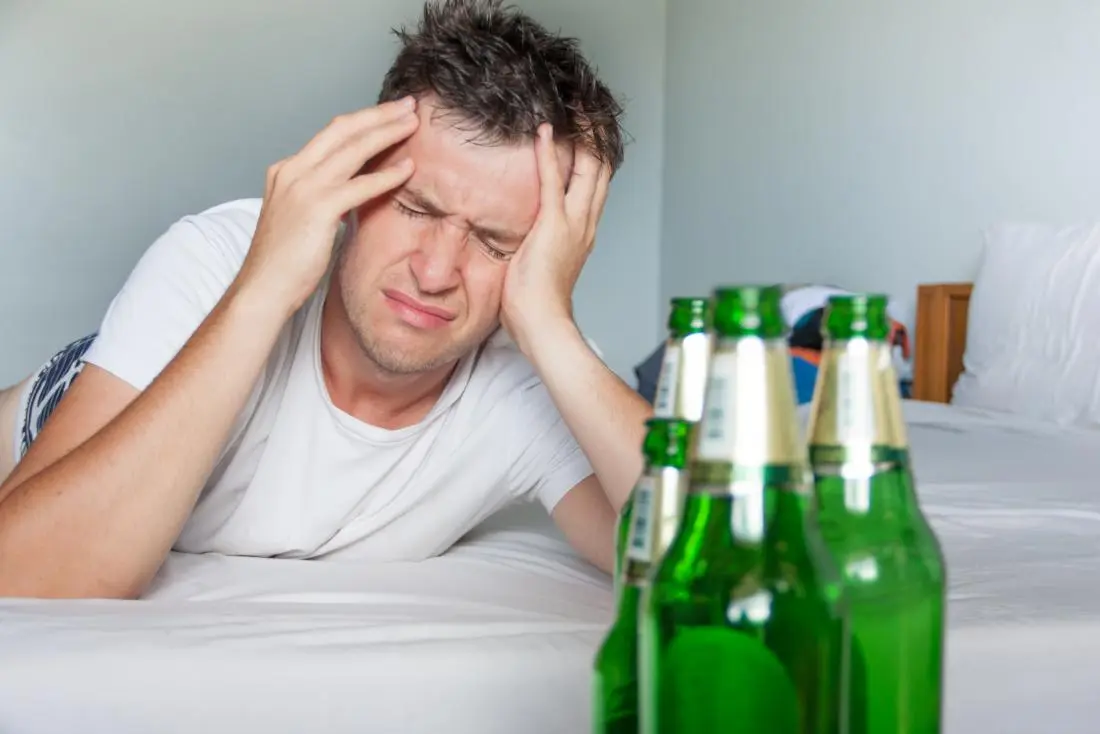Hangovers can be unpleasant: dry mouth, thirst, dizziness, and headaches are common symptoms caused by alcohol-induced dehydration. While completely preventing a hangover isn’t possible once alcohol is in your bloodstream, you can reduce its severity to function better the next day.
Is Sleeping Enough to Prevent a Hangover?
Symptoms usually appear when blood alcohol levels drop close to zero. Fatigue, weakness, and headaches can last up to 24 hours after heavy drinking. Creating a good sleep environment—comfortable temperature and blackout curtains—helps reduce some negative effects and improves recovery.
Vomiting Won’t Prevent a Hangover
Although vomiting may temporarily relieve nausea, it does not remove alcohol already absorbed into the bloodstream. Forcing yourself to vomit can worsen dehydration and damage the esophagus. Instead, drink water or ginger tea to stay hydrated and soothe the stomach.
Hydration: The Key Before Bed
Alcohol increases urine production, causing fluid loss responsible for many hangover symptoms. Drinking water before sleep is one of the best prevention strategies: take small sips every 15 minutes and keep a glass within reach during the night.
Replenish Electrolytes
Sports drinks or electrolyte solutions help replace sodium, potassium, magnesium, and calcium lost from drinking. This improves water retention, provides energy, and speeds up recovery after heavy drinking.
Vitamins and Minerals
Taking a multivitamin before bed can be helpful, especially vitamins B, C, folic acid, zinc, and magnesium. These nutrients help the liver metabolize alcohol faster and reduce hangover severity.
Pain Relief
Painkillers like ibuprofen can help reduce headaches and body aches after drinking. Small doses are generally safe, but high doses combined with heavy alcohol consumption can increase the risk of liver damage and gastrointestinal bleeding. Always consult a healthcare professional if unsure.
Eating Before Sleep
Alcohol is absorbed more slowly when food is in the stomach. Eating before drinking—or having a light snack before bed if already drunk, like a banana or honey on toast—can stabilize blood sugar levels, reducing fatigue and weakness the next morning. Avoid greasy foods, which may worsen nausea.
Key Takeaways
- Complete hangover prevention after drinking isn’t possible.
- Stay hydrated, replenish electrolytes, and take vitamins before bed.
- Get proper rest and eat light, healthy snacks.
- Painkillers can help, but use caution.
These simple steps won’t eliminate hangovers entirely, but they can make the morning after much more manageable.
